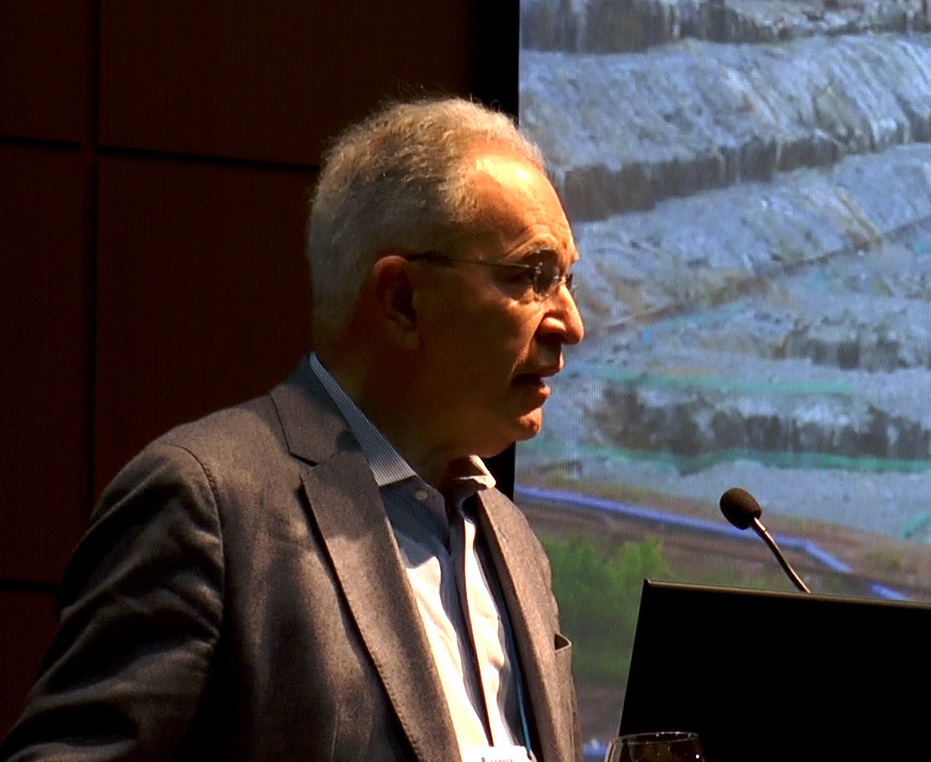NEWS CONSUMPTION, PARTISANSHIP, AND ENERGY PREFERENCES IN BRAZIL AND THE UNITED STATES
Resumo
The transition to a more sustainable energy system must consider public perceptions of energy sources and the influences that shape them. This study compares support for renewable and non-renewable sources that make up the energy grid in Brazil and the United States (US), two nations with different energy mixes, political histories, and media systems. Through national surveys, we assess how different national energy configurations impact attitudes about renewables and non-renewable sources. Then, we analyze what attitudes are influenced by each nation’s partisan identities and media consumption habits. Results indicate that attitudes reflect the fact that some energy sources are more politicized than others. In the US, polarization regarding coal and renewables manifests strong partisan differences, which are amplified by media consumption choices. In Brazil, since hydropower was adopted by both left- and right-leaning governments, the impact of partisanship on support for energy sources is more limited. Results suggest attitudes about energy are subjected to processes of partisan polarization, with media messages amplifying those effects. Findings underscore the need to invest in policies promoting media literacy and fact-based science communication, empowering the public to recognize when energy debates are manipulated to fit partisan narratives, often at the expense of evidence.
Membros








